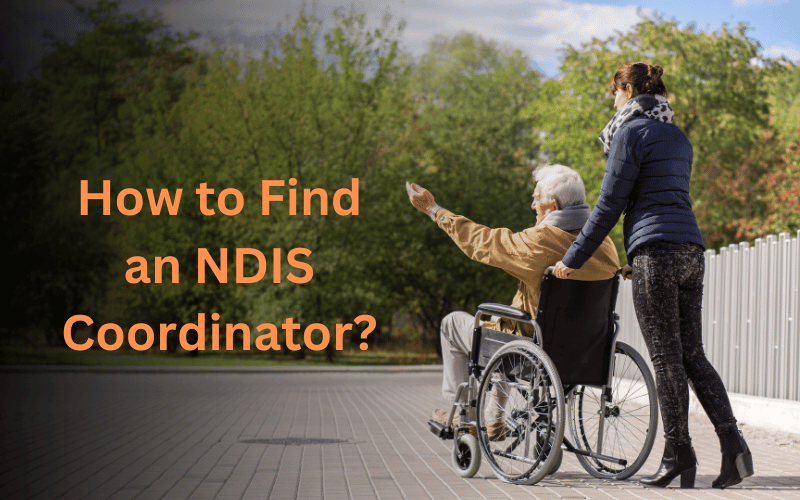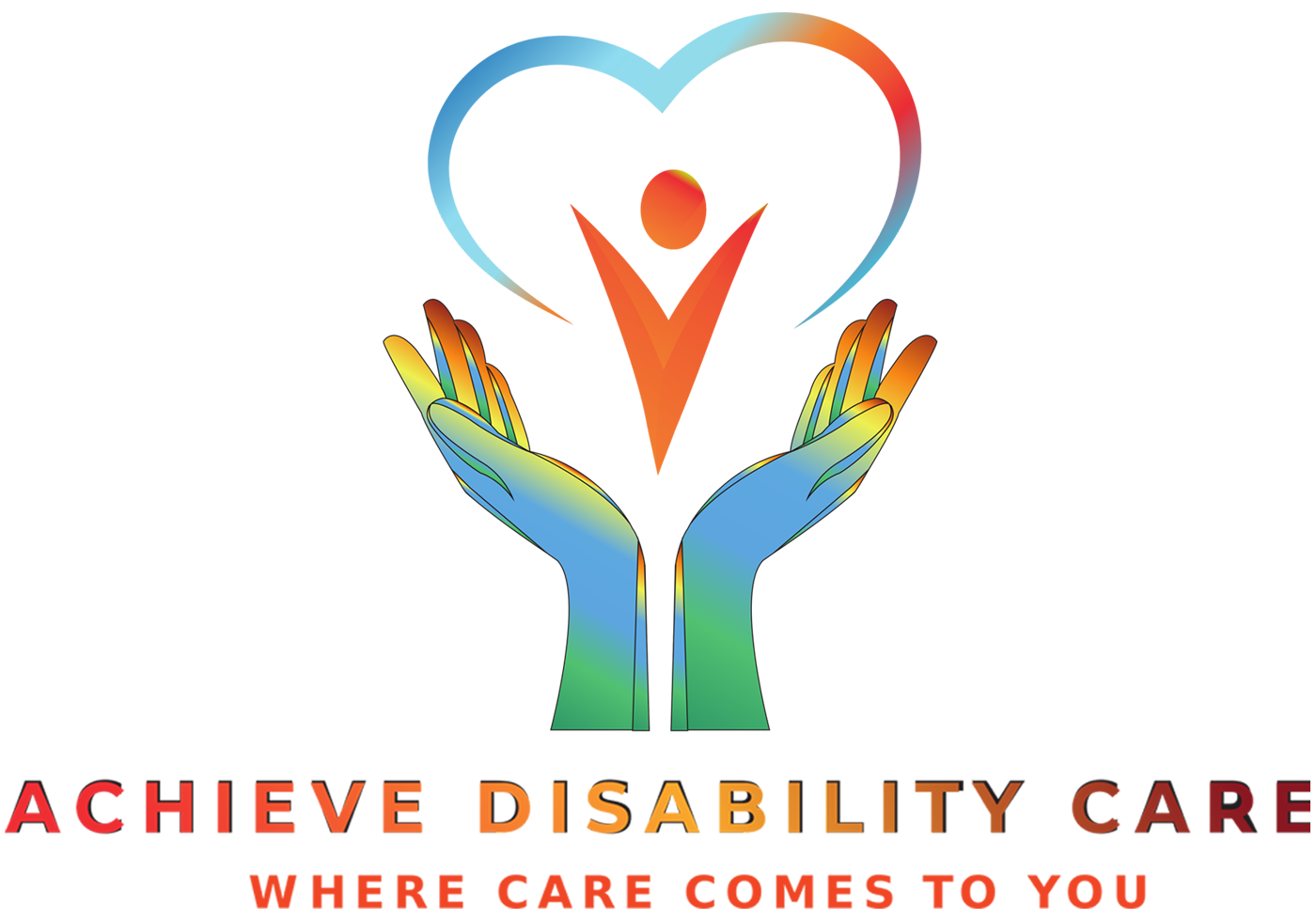38 Dallington crescent Balga WA 6061

How To Find An NDIS Coordinator?
The National Disability Insurance Scheme (NDIS) provides Australians with disabilities access to various support services and assistance to achieve their goals. One of the key services offered by the NDIS is support coordination. Support coordination helps participants to understand their NDIS plan, access and connect with support services, and achieve their goals. If you are an NDIS participant and would like to access support coordination services, the following information will help you to find an NDIS coordinator.
Find NDIS
The first step in finding an NDIS coordinator is to determine if you are eligible for support coordination services. NDIS participants with support coordination in their plan are eligible for this service. Once you have confirmed that you are eligible, there are several ways to find an NDIS coordinator:
Contact your Local Area Coordinator (LAC) or NDIA Planner
Your LAC or NDIA Planner can provide a list of registered support coordinators in your area. They can also assist you in finding an NDIS coordinator that meets your needs and preferences.
Search the myplace portal
If you have access to the myplace portal, you can search for registered support coordinators in your area. The myplace portal is an online platform where NDIS participants can manage their plans, including finding and connecting with service providers.
Use the NDIS Provider Finder
The NDIS Provider Finder is an online directory of registered NDIS service providers, including support coordinators. You can use the Provider Finder to search for support coordinators in your area and compare their services.
Ask for recommendations
You can ask your healthcare provider, community organization, or support group for recommendations for support coordinators in your area.
Factors to Consider
Once you have identified potential support coordinators, you should consider the following factors to help you choose the right coordinator for your needs:
Qualifications and experience
Choosing a support coordinator with the appropriate qualifications and experience is important. A specialist support coordinator will be a qualified practitioner, such as an Occupational Therapist, Psychologist, or Social Worker. You can ask the coordinator about their experience working with participants with similar needs.
Availability
You should consider the support coordinator’s availability and ability to respond promptly to your needs. You can ask about their availability and how they can be contacted.
Compatibility
Choosing a support coordinator with whom you feel comfortable and can build a trusting relationship is important. You can arrange to meet with the coordinator to discuss your needs and expectations and to assess their compatibility.
Services offered
Different support coordinators may offer different services. You should consider the services the coordinator offers and how they align with your needs and goals. For example, some support coordinators may specialize in finding and connecting participants with community services, while others may focus on developing participant skills and directing their lives.
Difference between NDIS Plan Manager and Support Coordinator
Two important roles in the NDIS are Plan Managers and Support Coordinators. While both are important in managing NDIS funding, they have distinct responsibilities.
A Plan Manager primarily focuses on the financial management of the NDIS plan. They assist NDIS participants with managing their NDIS funds by submitting invoices, making payments, and keeping track of expenditures. Plan Managers can also assist with financial reporting and budgeting.
On the other hand, a Support Coordinator focuses on managing the support and providers that NDIS participants hire to help them achieve their goals. Support Coordinators help participants set up, manage, and maintain their support and connect them with providers who can best meet their needs. They can also set up appointments and service agreements for NDIS participants.
It is worth noting that NDIS participants can access Support Coordination regardless of whether they are plan-managed, self-managed, or NDIA-managed, as deemed necessary by the NDIS. One of the four options for managing the funding available to NDIS participants is plan management alongside Self-Management, NDIA Management, and Support Coordination.
Final words
Finding an NDIS coordinator involves determining eligibility, researching potential coordinators, and selecting a coordinator that meets your needs and preferences. NDIS participants can access support coordination services through various channels, including their LAC, the myplace portal, the NDIS Provider Finder, and recommendations from healthcare providers, community organizations, or support groups.
To choose the right coordinator, participants should consider the coordinator’s qualifications and experience, availability, compatibility, and services offered. With the help of a support coordinator, NDIS participants can better understand their plan, access support services, and work towards achieving their goals.
FAQs
1. What is a Support Coordinator?
A Support Coordinator is capacity-building support provided by the NDIS to help individuals understand and use their NDIS plan to pursue their goals.
2. How can I find a registered NDIS Support Coordinator?
To find a registered NDIS Support Coordinator near you, use the Provider Finder tool on the NDIS website.
3. Can I use an unregistered NDIS Support Coordinator?
You can use an unregistered NDIS Support Coordinator, but you’ll need to ensure your support coordination budget is self-managed or plan-managed.
4. What are the roles of an NDIS Support Coordinator?
An NDIS Support Coordinator has five major roles: connection, coordination, capacity building, support implementation, and monitoring.
